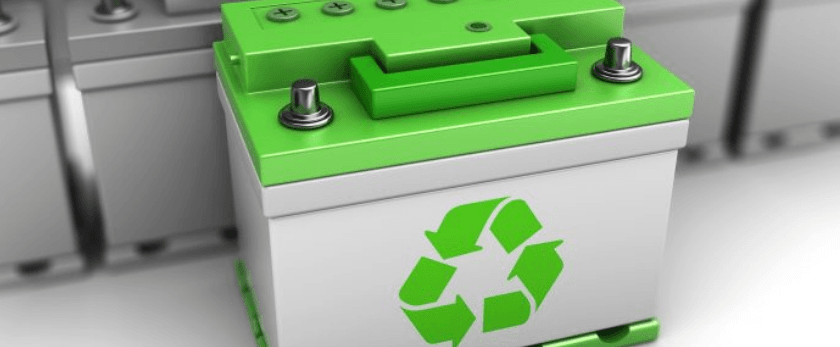Welcome to our guide on how to properly dispose of lead acid batteries. Whether you're an environmentally passionate individual, a homeowner, a student, a business owner, or just someone looking to make more eco-friendly choices, this article will provide you with the information you need to take positive steps towards a greener, more sustainable future.
Why Proper Disposal Matters
Before we dive into the how-to, let's understand why it's crucial to dispose of lead acid batteries responsibly. Lead acid batteries contain hazardous materials, including lead and sulfuric acid, which can be harmful to the environment if not handled properly. When disposed of incorrectly, these toxins can leach into the soil and water, posing a serious risk to ecosystems and human health.

How to Get Rid of a Lead Acid Battery
When it's time to dispose of a lead acid battery, follow these steps:
-
Check for Recycling Programs: Start by checking with your local recycling center or hazardous waste disposal facility. Many places offer recycling programs specifically for lead acid batteries.
-
Contact Retailers: Some retailers, especially those that sell automotive batteries, may also accept old lead acid batteries for recycling when you purchase a new one. Inquire with them about their recycling policies.
-
Use a Battery Recycling Service: Several specialized battery recycling services exist that accept used lead acid batteries. They ensure proper recycling and disposal, preventing harm to the environment.
-
Dispose at a Household Hazardous Waste Collection Event: Many communities host household hazardous waste collection events. Keep an eye on local announcements for these opportunities to safely dispose of your battery.
Is It Bad to Leave a Lead Acid Battery Dead?
Yes, it is not advisable to leave a lead acid battery dead for an extended period. Here's why:
-
Sulfation: When a lead acid battery remains discharged for too long, lead sulfate crystals can form on its plates. This sulfation process can reduce the battery's capacity and overall lifespan.
-
Permanent Damage: If the sulfation becomes severe, it can lead to permanent damage, rendering the battery unusable.
To prolong the life of your lead acid battery, recharge it as soon as possible after use and avoid letting it sit in a discharged state.
Is It OK to Discharge a Lead Acid Battery?
Lead acid batteries are designed to be discharged and recharged within certain limits. However, it's essential to follow these guidelines:
-
Partial Discharge: It's fine to partially discharge a lead acid battery. In fact, it's a natural part of its operation.
-
Avoid Deep Discharge: Repeated deep discharges (below 50% capacity) can shorten the battery's lifespan. If possible, recharge your battery before it reaches this point.
-
Recharge Promptly: After use, recharge your lead acid battery as soon as possible to prevent sulfation and extend its life.
Conclusion
Properly disposing of lead acid batteries is not only responsible but also essential for protecting our environment. By following the steps outlined in this guide, you can contribute to a greener, more eco-friendly world. Remember that lead acid batteries contain hazardous materials, so always handle them with care and ensure they are recycled or disposed of correctly. Let's work together to create a sustainable future for generations to come.










